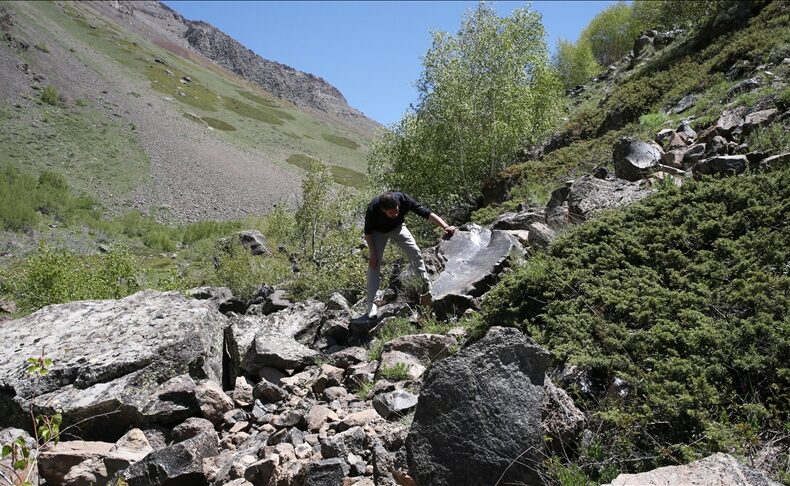
Tracing the Millennia-Long Journey of Obsidian from Bitlis to the Levant
A new archaeological project led by Bitlis Eren University (BEU) aims to uncover the ancient trade and cultural pathways that carried obsidian from the volcanic mountains of Bitlis, Türkiye, to the heart of the Middle East thousands of years ago. Obsidian, a naturally occurring volcanic glass, was a prized material in the Neolithic era, used
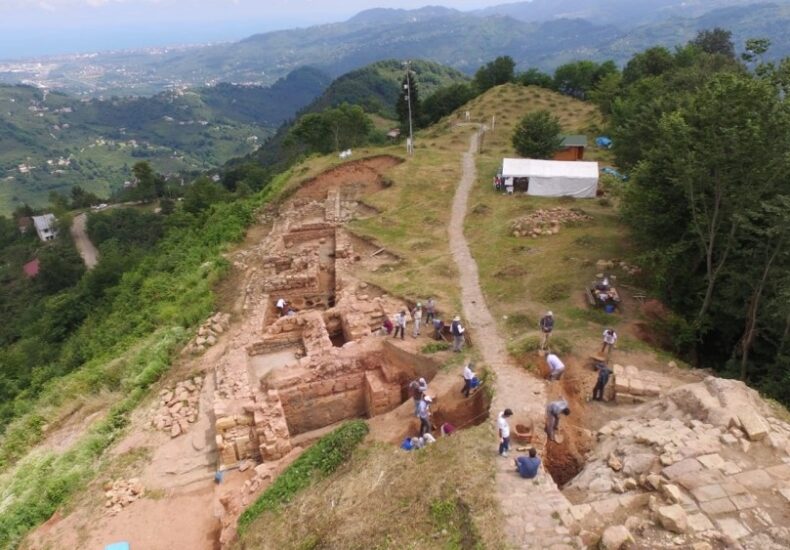
Excavations Resume at Kurul Fortress, Home to the 2,100-Year-Old Mother Goddess Cybele Statue
Kurul Fortress, perched atop the historic heights of Ordu, has earned its place in archaeological literature as the site where the remarkable 2,100-year-old Mother Goddess Cybele statue was uncovered. Now, the ongoing excavations are preparing to enter their 16th season. Recognized as one of the earliest archaeological fortress excavations in the Black Sea region, Kurul
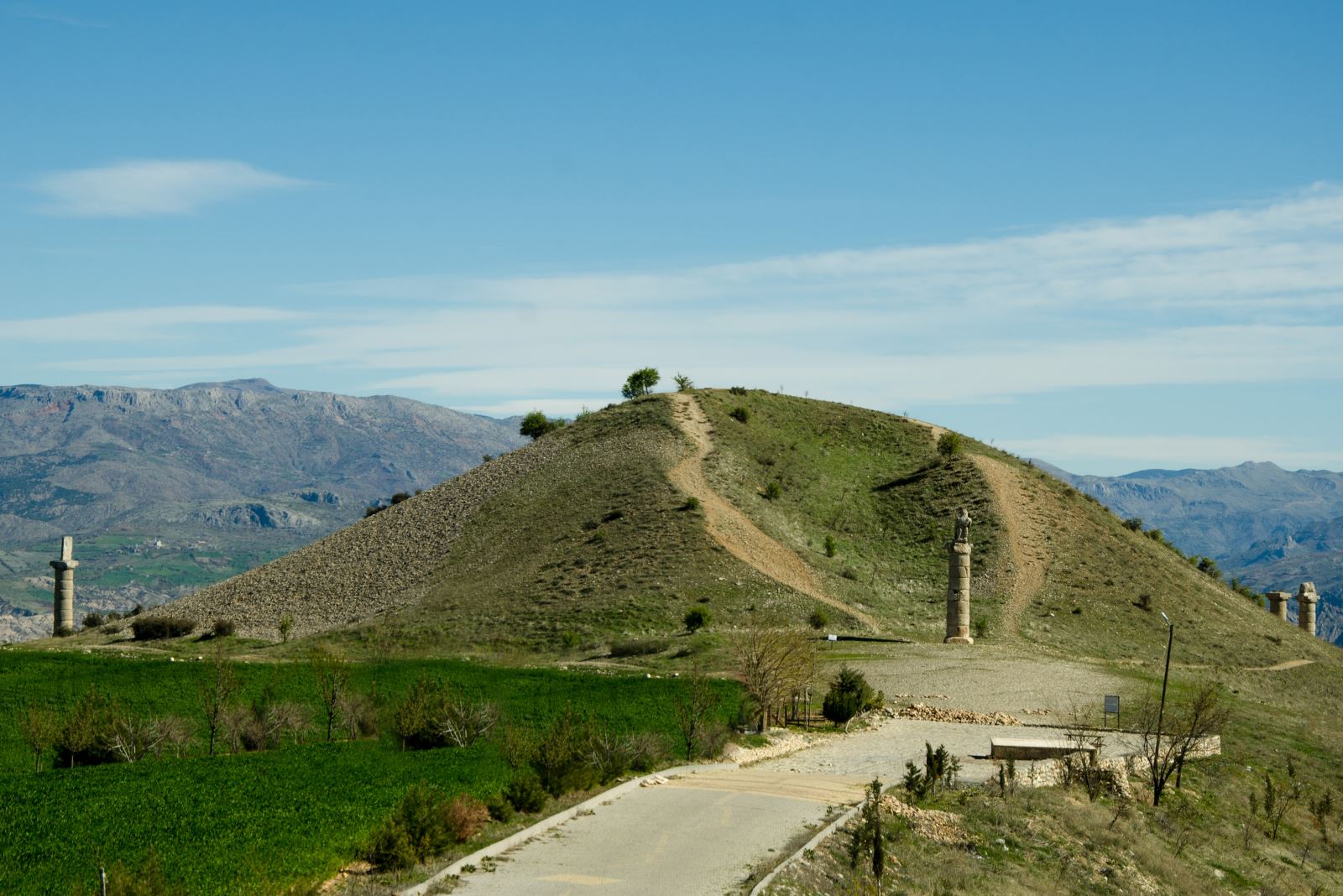
Queen’s Tombs of the Kommagene Kingdom to Be Unveiled at Karakuş Tumulus in Adıyaman
The Ministry of Culture and Tourism has announced plans to excavate the queen’s tombs at the Karakuş Tumulus, located in Adıyaman, Türkiye. These tombs are believed to belong to Isas, the wife of King Antiochos I, their daughter Antiokhis, and granddaughter Aka of the ancient Kommagene Kingdom. Following detailed georadar and geophysical surveys that identified
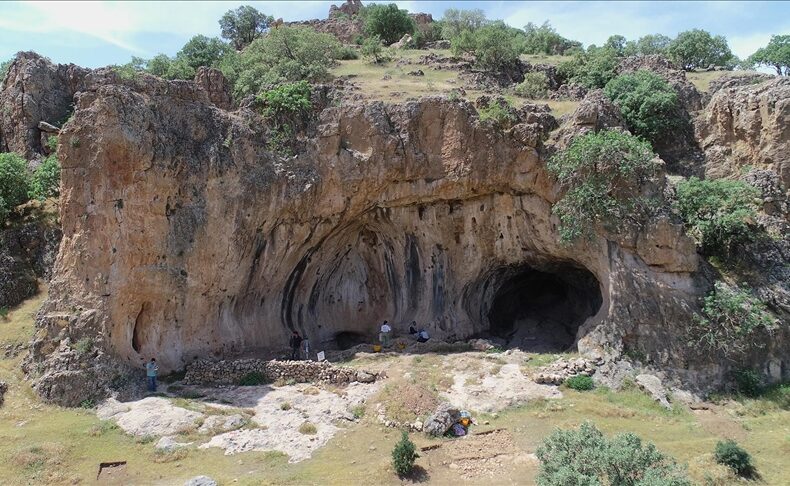
Traces of Humanity Stretch Back 400,000 Years: Striking Discoveries in Uluköy Cave
Archaeological excavations in Uluköy Cave, located in Mardin’s Kızıltepe district in southeastern Türkiye, have revealed evidence of human presence dating back 400,000 years. From obsidian tools to animal remains, the discoveries shed new light on the deep roots of human history in Anatolia. The First and Only Cave Excavation in Northern Mesopotamia Uluköy Cave, nestled
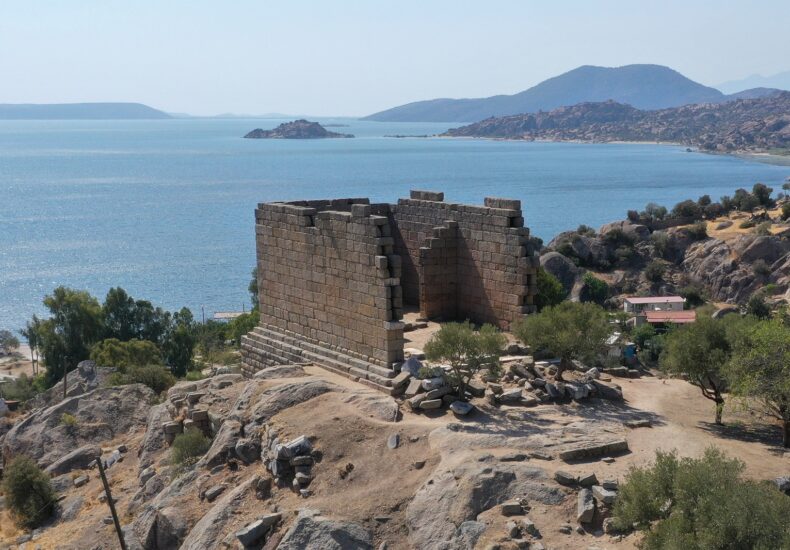
8,500 Years of Sacred Heritage: Unearthing the Mysterious Sanctuaries of Herakleia
Ancient deities, mythological tales, and sacred architecture come to light in the Latmos Mountains as archaeological excavations unveil Herakleia’s hidden past. As part of the Wednesday Talks series organized by the Association for Nature Lovers and Ecosystem Protection (EKODOSD), Prof. Dr. Zeliha Gider Büyüközer, head of the Latmos–Herakleia Excavations and faculty member at Selçuk University’s
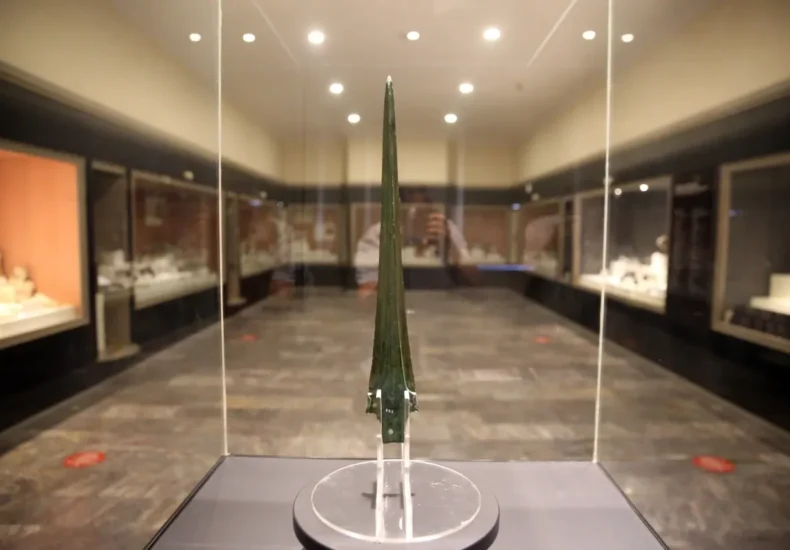
Rare 3,500-Year-Old Hittite Sword Now on Display at Kastamonu Museum in Türkiye
A rare bronze sword dating back 3,500 years to the Hittite civilization is now on public display at Kastamonu Museum in northern Türkiye. The artifact is part of a newly opened bronze exhibition titled “102 Exhibitions for the 102nd Anniversary: A Journey Through Anatolia’s Cultural Heritage in the Light of the Republic.” Measuring 42 centimeters
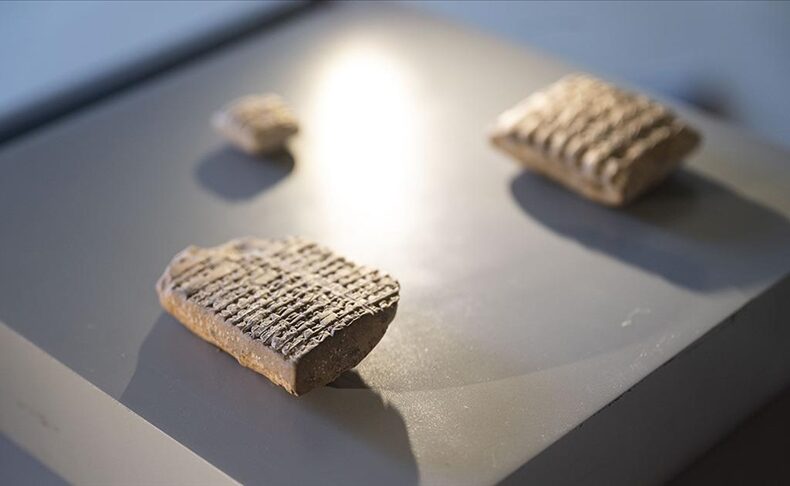
Türkiye Returns 6,000-Year-Old Cuneiform Clay Tablets to Iraq
Türkiye has respectfully returned six ancient cuneiform clay tablets to Iraq in a formal ceremony, honoring the rich cultural heritage of Mesopotamia. These artifacts, originating from the Old Ur, Akkadian, and Babylonian civilizations, contain valuable records related to economic, administrative, and religious matters. The handover took place at the Republic Museum in Ankara, attended by
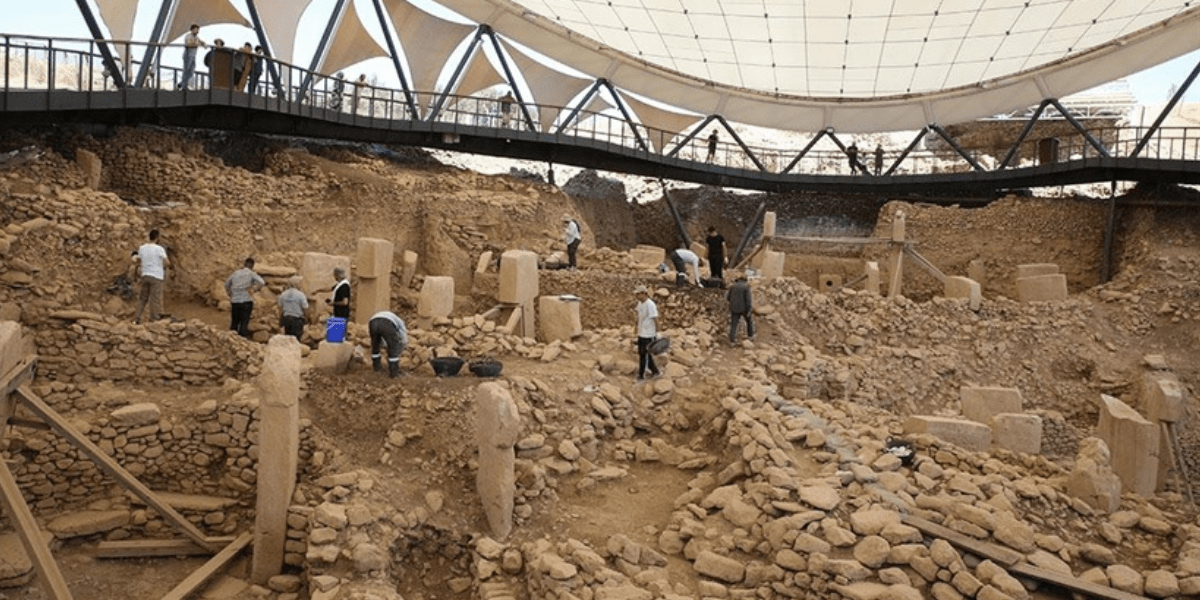
Türkiye’s Culture Minister Ersoy on Göbeklitepe: “We Are Committed to Shedding Light on Human History”
On the 7th anniversary of Göbeklitepe’s inclusion in the UNESCO World Heritage List, Türkiye’s Minister of Culture and Tourism, Mehmet Nuri Ersoy, emphasized the country’s ongoing efforts to preserve and study the site—often described as the “zero point of history.” Sharing his message via social media, Minister Ersoy stated: “Göbeklitepe, the oldest and most striking
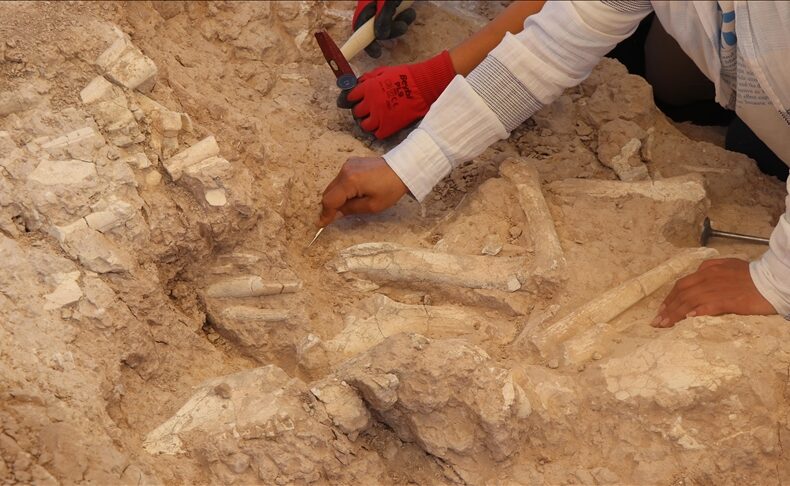
7.7-Million-Year-Old Fossil Bed Discovered by Goat Herder in Central Türkiye
A chance discovery by a goat herder in central Türkiye has led scientists to uncover a fossil-rich site dating back 7.7 million years, offering rare insights into the region’s prehistoric ecosystem. Located near Yamula Dam in the Kocasinan district of Kayseri, the site has become one of the most significant fossil zones in Anatolia. Excavations
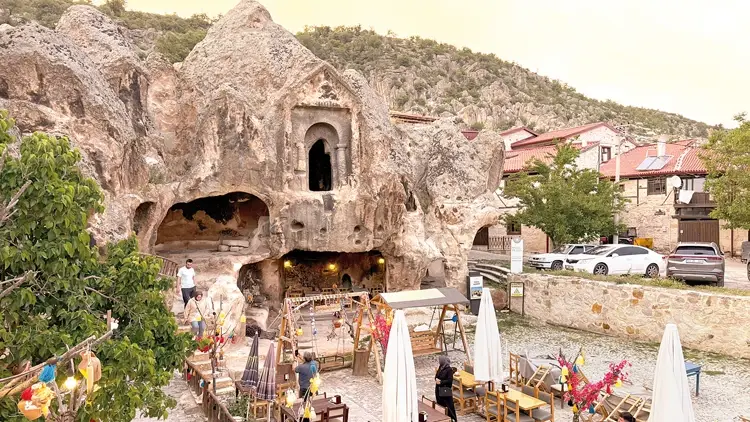
3,000-Year-Old Phrygian Rock Tomb Converted Into a Café
In the İhsaniye district of Afyonkarahisar, Türkiye, a 3,000-year-old rock tomb belonging to the ancient Phrygian civilization has been controversially converted into a café. The site, part of the Phrygian Valley and listed as a UNESCO tentative cultural heritage, has sparked significant backlash from experts and the public alike. The Significance of the Phrygian Valley
